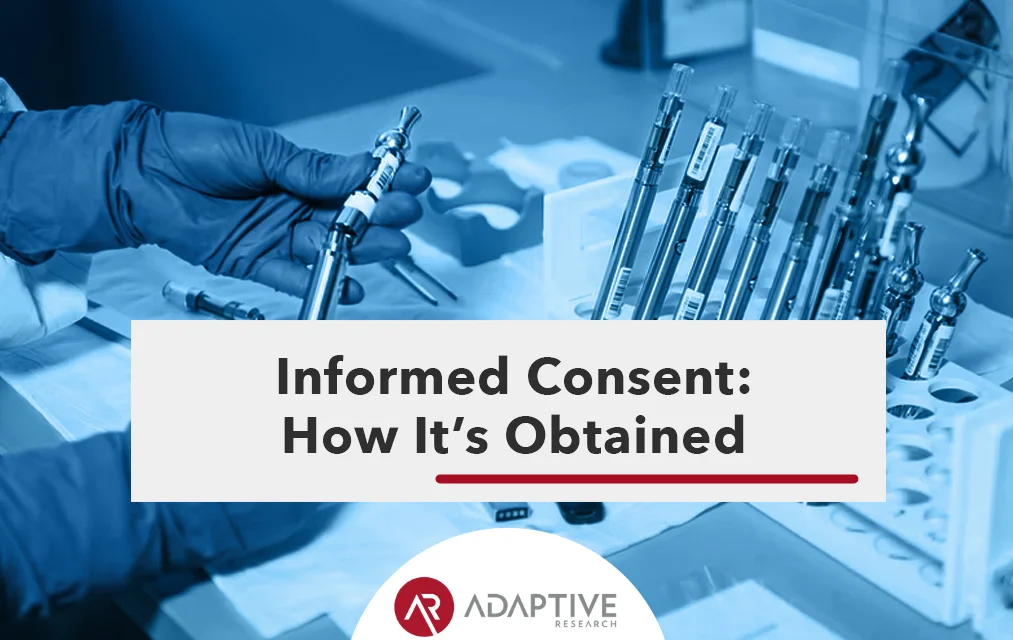Informed Consent: How It’s Obtained
One of the most important aspects of clinical trials is obtaining informed consent from all patients. The word “informed” is critical here because it underlines that researchers must explain the purpose, procedures, and potential benefits of research in order for study participants to honestly give informed consent before enrolling in a trial.Informed consent is also a legal requirement of a clinical trial that requires a clinical trial sponsor to provide prospective participants with adequate information about the trial. The U.S. Food and Drug Administration (FDA) regulates the safety and efficacy of drugs and medical devices. Patients must understand the trial’s objectives, risks, and benefits to make an informed decision about participating in a clinical trial.The Importance of Informed ConsentAuthorization is given or withheld by the patient after being informed of all pertinent facts regarding the study. A researcher cannot ethically enroll human participants into a clinical trial unless they have gained informed consent from them.When patients are informed of the risks and benefits associated with a clinical trial, they can then determine whether or not to participate. This process ensures that research is performed ethically. This process protects both patients and researchers, ensuring that all parties involved are protected in the event that issues arise later about whether consent was adequately obtained or if the study was adequately explained.Informed consent is obtained through written documents, verbal explanation, audio presentation, visual aids, or some combination thereof.Why is Informed Consent Obtained?Informed consent is obtained for the following purposes: To protect the rights and welfare of human research participants. The Federal policy on human research participants is intended to ensure that adequate information about potential benefits and risks are described in a clear, understandable way. This allows people to make free, voluntary, and informed decisions about whether or not they wish to participate in a…

